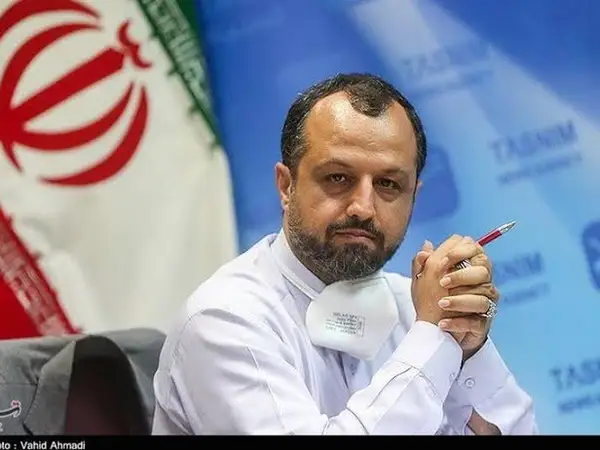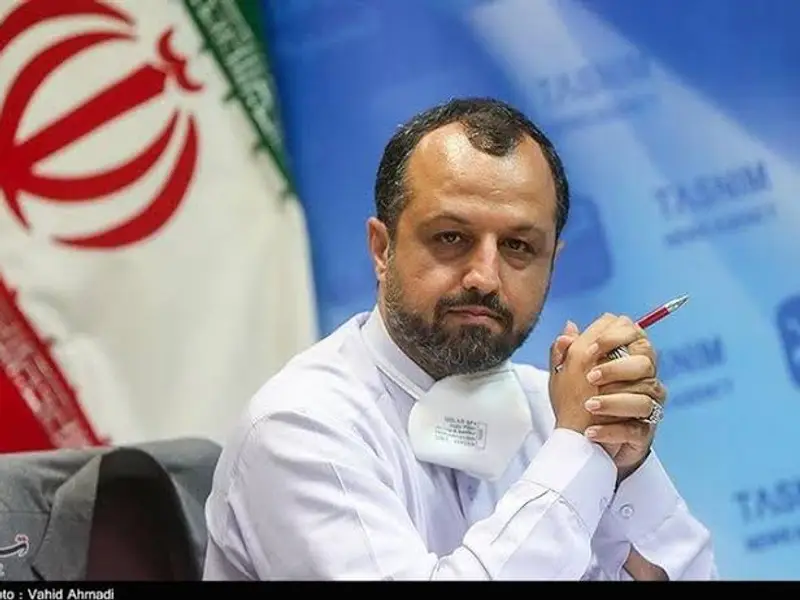Iran's Economy Minister has declared that the nation is experiencing one of the most prosperous periods of trade and investment cooperation with China.
Speaking at the Iran-China 2023 Trade Conference held in Shanghai on Monday, Ehsan Khandouzi expressed hope that the optimistic outlook would soon manifest through practical projects benefiting the Iranian populace, IRNA state news agency reported.
His comments come as Iran is offering substantial price reductions to its principal oil customer, China. Iran has been supplying its oil to Chinese independent and small refineries, known as teapots, with payment delays extending up to three months.
Reports from Reuters and Bloomberg indicate that Chinese teapots are securing Iranian oil at a discounted rate, with savings amounting to between $10 and $12 per barrel. Also, international tanker tracking companies have identified a significant volume of Iranian oil being facilitated to China through intermediaries and brokers, often via ship-to-ship transfers. These cargoes are frequently rebranded as Malaysian oil, and these transfers take place in international waters with seemingly no interference from Malaysia.
Consequently, Iran's approach extends beyond offering price discounts to final oil purchasers; it involves allocating undisclosed portions of its profits to intermediaries and tanker companies involved in these diversionary oil export operations. As a result, the actual revenue realized by Iran may be closer to $40 per barrel, a substantial difference from the initially presumed $70.
In addition to such strategies, Iran engages in a practice of bartering a portion of its oil for Chinese goods. This barter arrangement is partly a response to US sanctions targeting Iran's oil exports and banking sector, which complicate direct foreign currency transfers from Chinese buyers to Iran.

